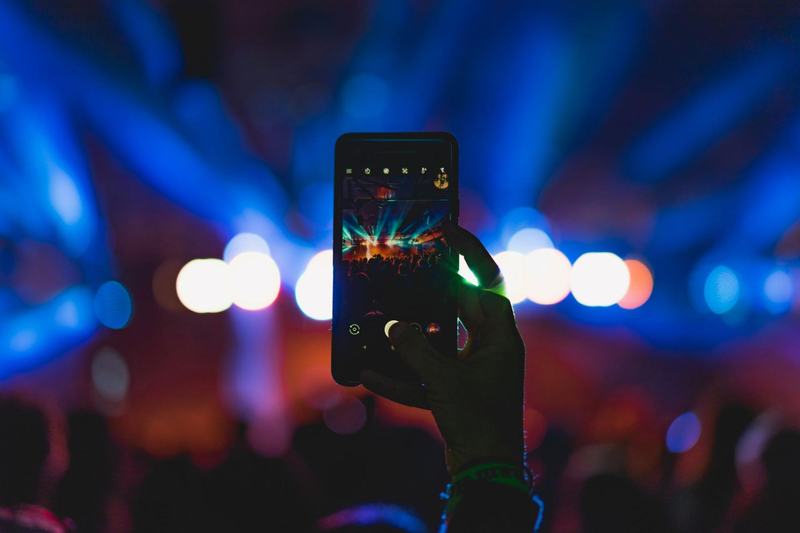
Why Smartphones Can Be Overwhelming for Introverts

We have access to more information than ever before in our society. News, social media, emails, and apps flood us daily, and much of this information comes through our smartphones. While this may seem like a blessing for some, many introverts experience the opposite: overstimulation. How do you deal with this?
Introverts and extroverts process dopamine, a neurotransmitter responsible for reward and motivation, in different ways. Research shows that introverts are more sensitive to dopamine, meaning they need fewer stimuli to feel satisfied or even overstimulated. While extroverts thrive in environments full of new impressions, introverts become tired more quickly by the same amount of stimuli.
Smartphones amplify this effect. Every message, every notification, and every update activates our reward system, releasing dopamine. Although this can provide short-term satisfaction, introverts often quickly experience mental fatigue, as their brains require more time to process these stimuli. The constant ‘on’ mode of our smartphones creates a sense of urgency that can drain introverts.
Information overload
Besides dopamine sensitivity, the issue of information overload also comes into play. Due to the large amount of information we receive daily, our brains are constantly forced to switch between tasks. This can be particularly burdensome for introverts, who naturally need more time for rest and reflection. Processing this constant flow of information requires energy, which can lead to symptoms of overstimulation, such as loss of concentration, anxiety, and even exhaustion.
Research shows that introverts prefer to process information at a deeper level. Unlike extroverts, who switch quickly and enjoy variety, introverts need more time to process information and reflect on it. This explains why the continuous interruptions from smartphones and information overload can be so disruptive to their concentration and well-being. The need for calm and depth in introverts is essential, but can easily be disrupted by the constant influx of information around them.
Combating overstimulation
One of the most effective ways to combat this kind of overstimulation is by setting conscious boundaries. Using tools such as screen time settings or apps that limit your social media usage can help you gain better insight into how much time you’re actually spending on your phone. This helps you be more mindful of your screen time and prevents you from being unknowingly absorbed by your phone for hours on end.
In addition, it’s important to integrate digital breaks into your day. By scheduling intentional moments without screens, such as during breakfast, right before bed, or during social activities, you give your brain the chance to recover from the constant stimuli.
Using the 'Do Not Disturb' feature on your phone can also help. By turning off notifications and sounds when you want to concentrate or relax, you avoid being constantly distracted.
Your environment also plays a major role. Create a work and living environment that supports you. Avoid unnecessary noise and create a space where you feel comfortable and calm. This helps you concentrate better and reduces the chance of overstimulation.
By making mindful choices in your screen use, you’ll notice that you feel much better. Need help with this? As a coach for introverts, I can help you find a healthy balance in a world full of stimuli. Feel free to contact me to talk further about this.

About the author
- Karolien Koolhof is a coach voor introverts and gifted individuals
- Author of the book Introvert Leadership
- Contact

